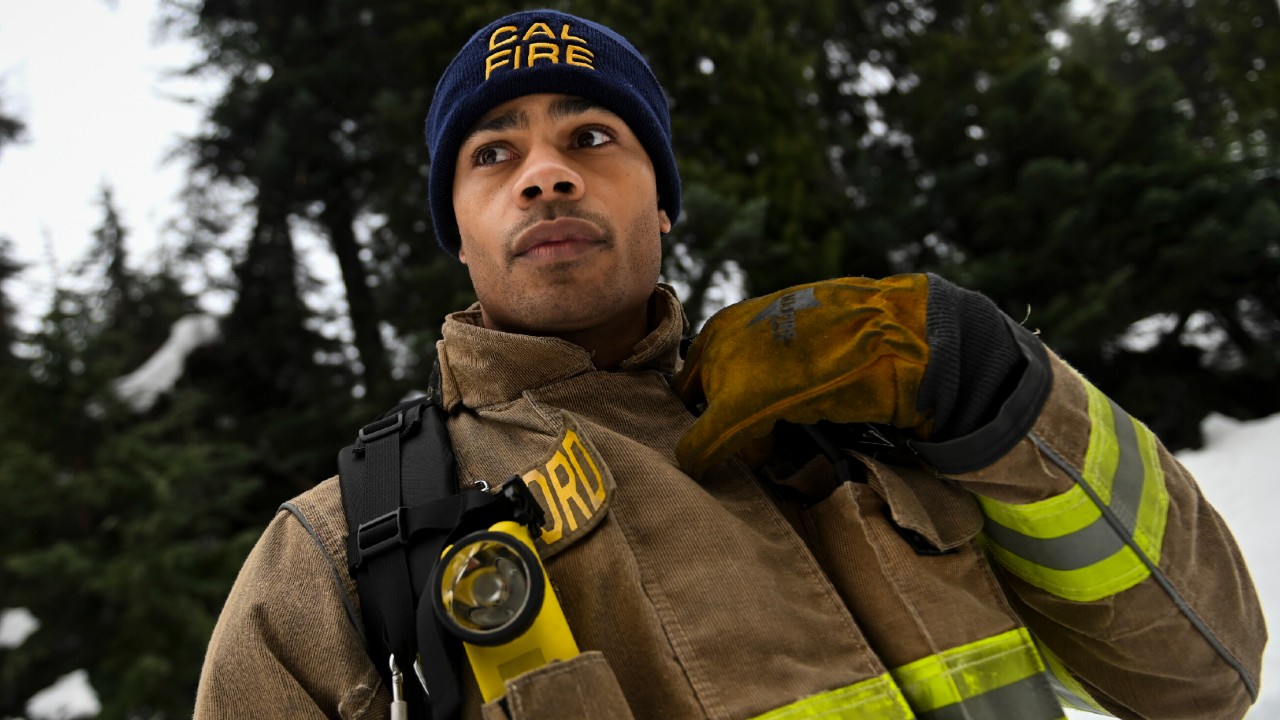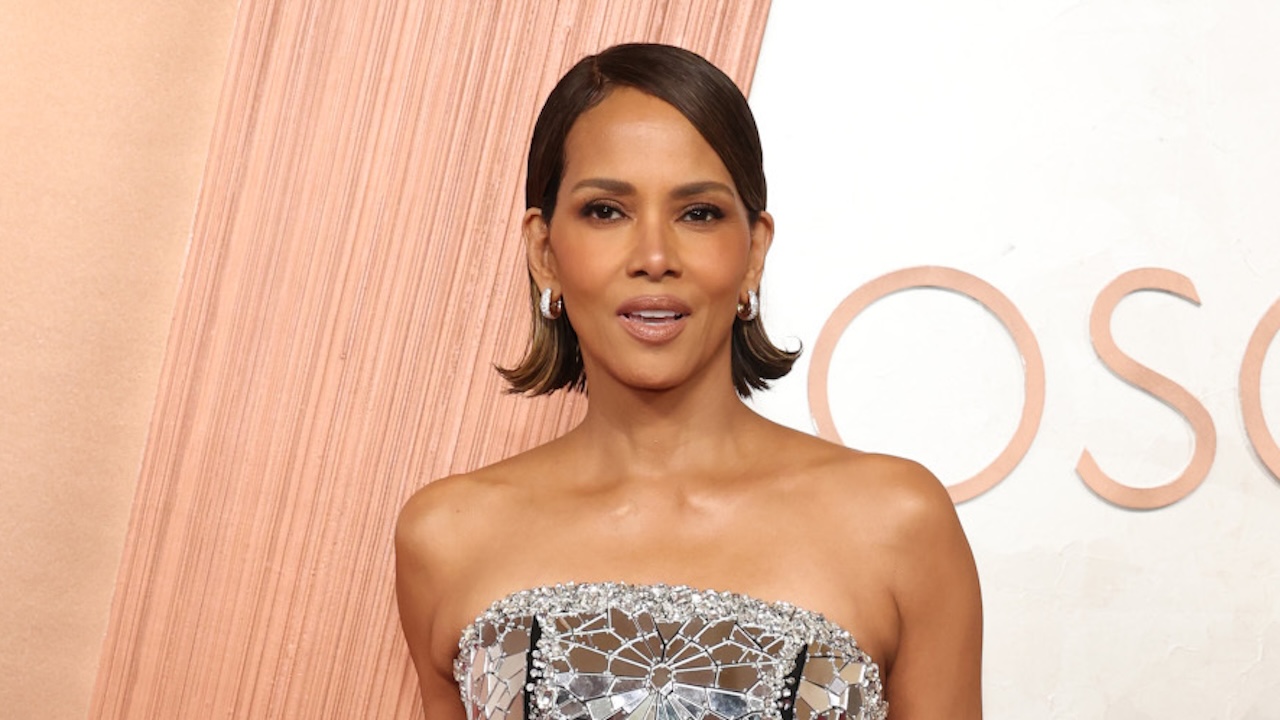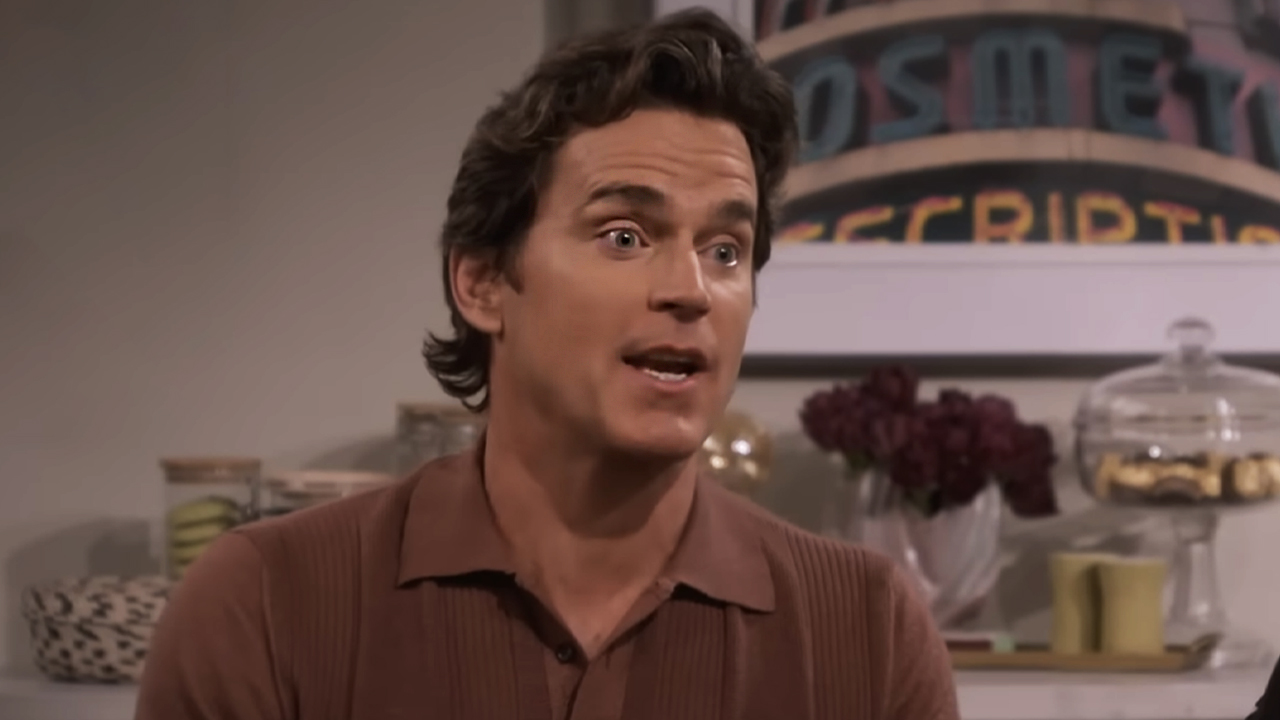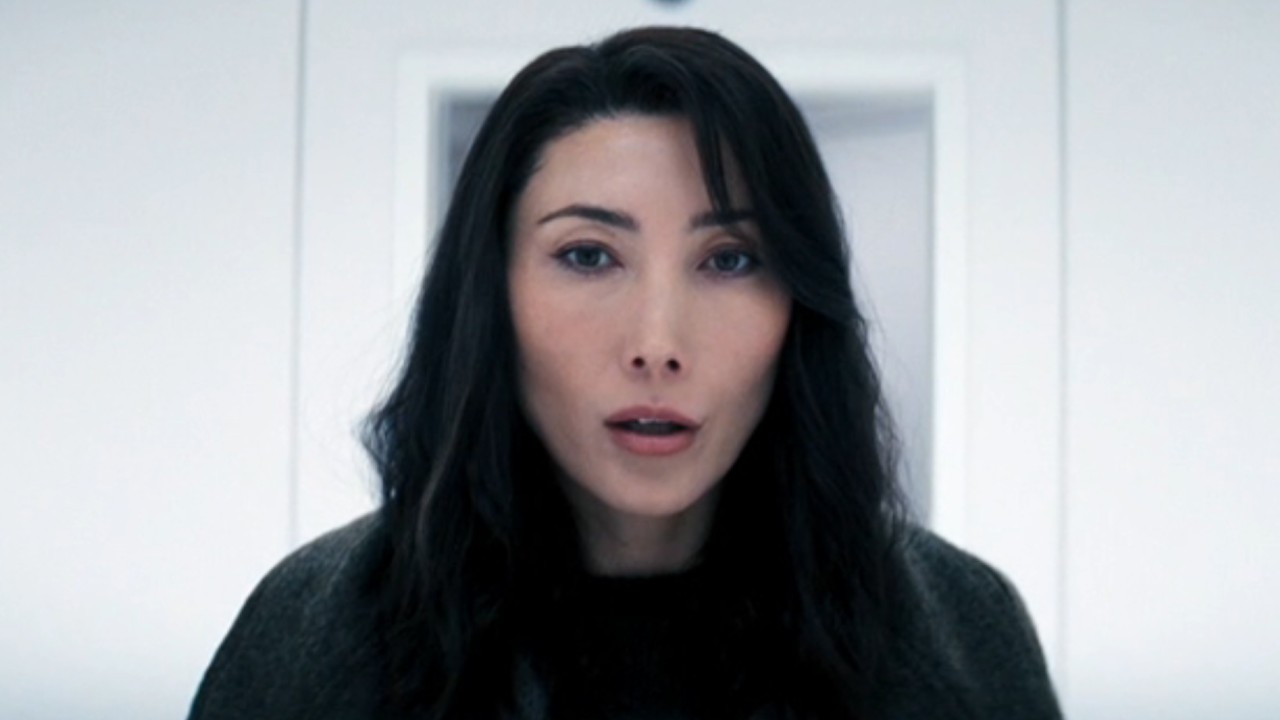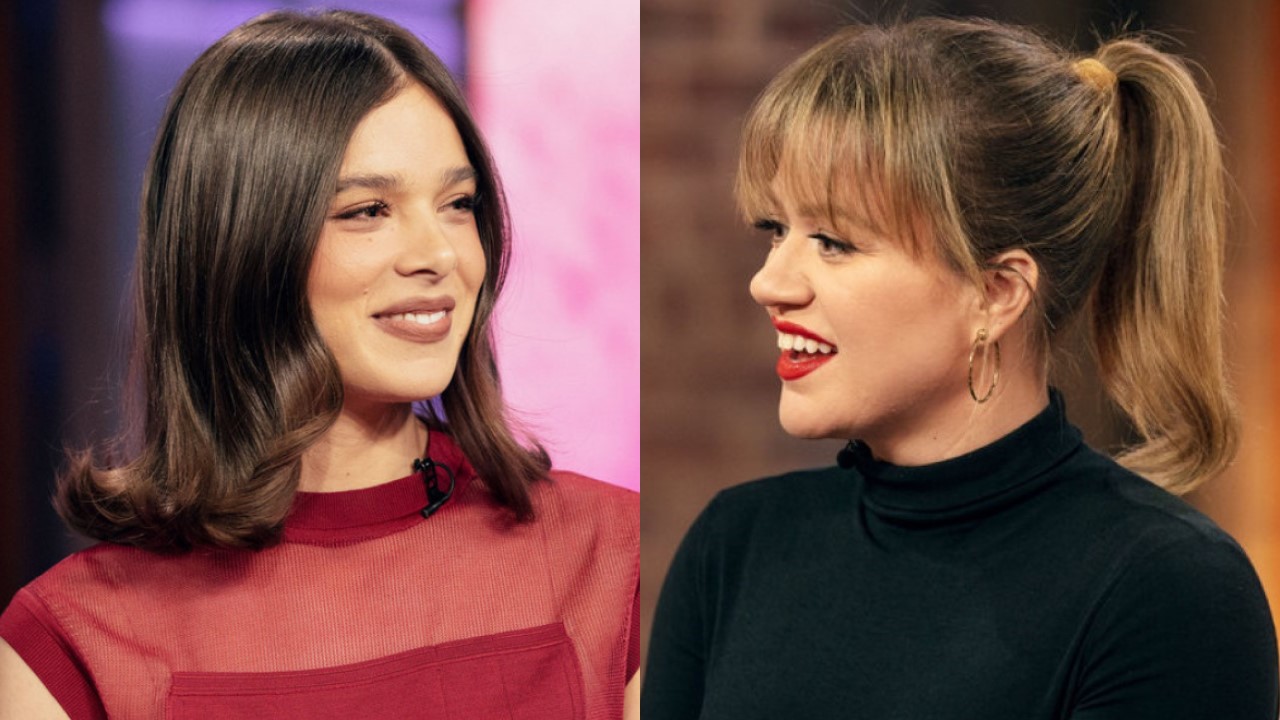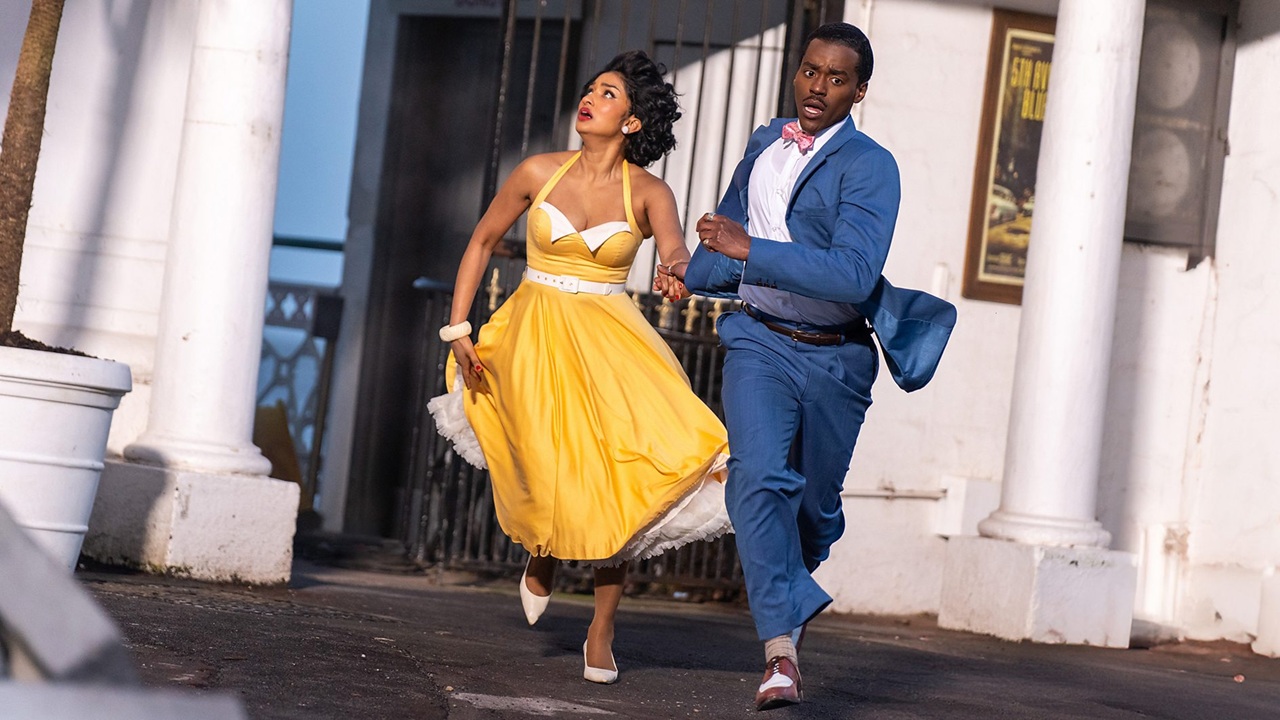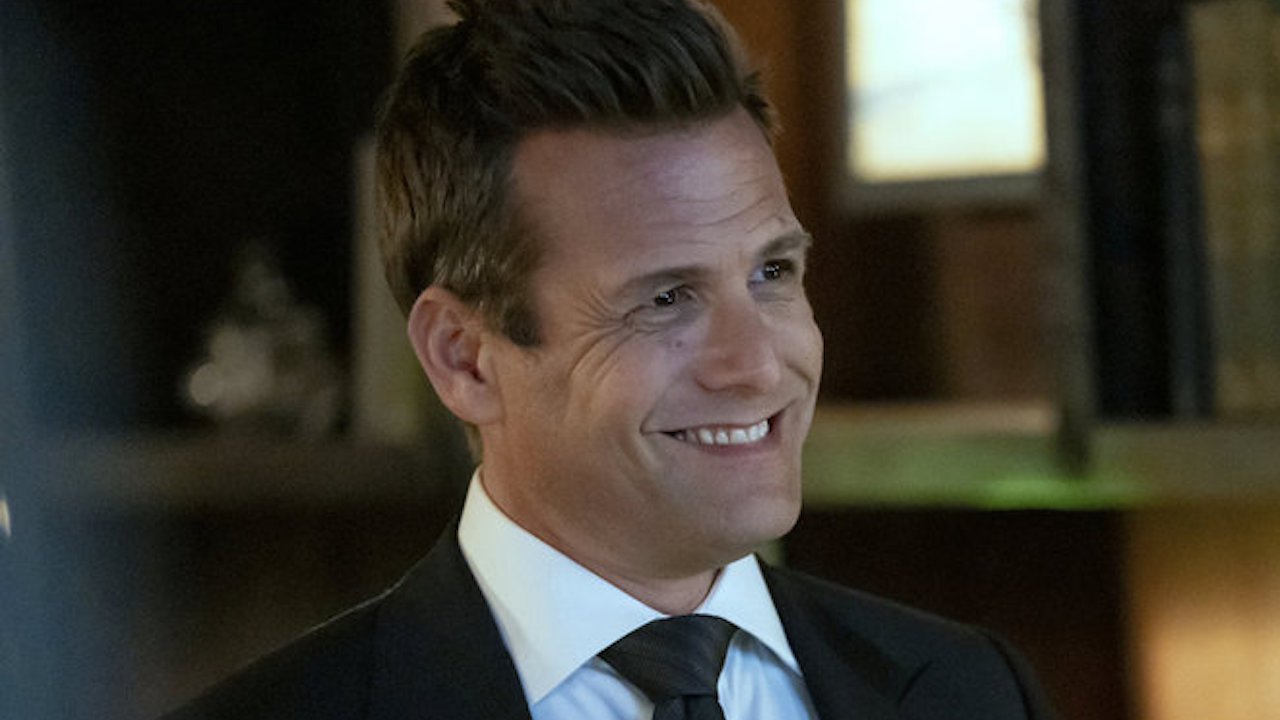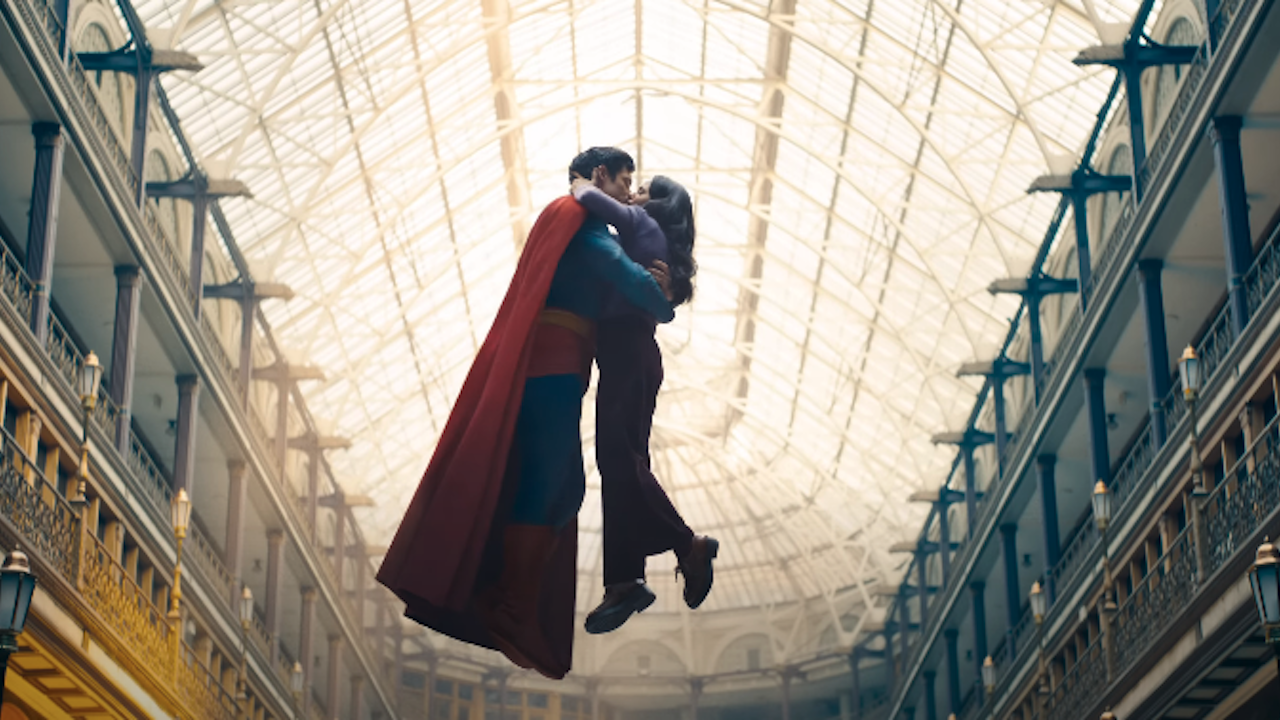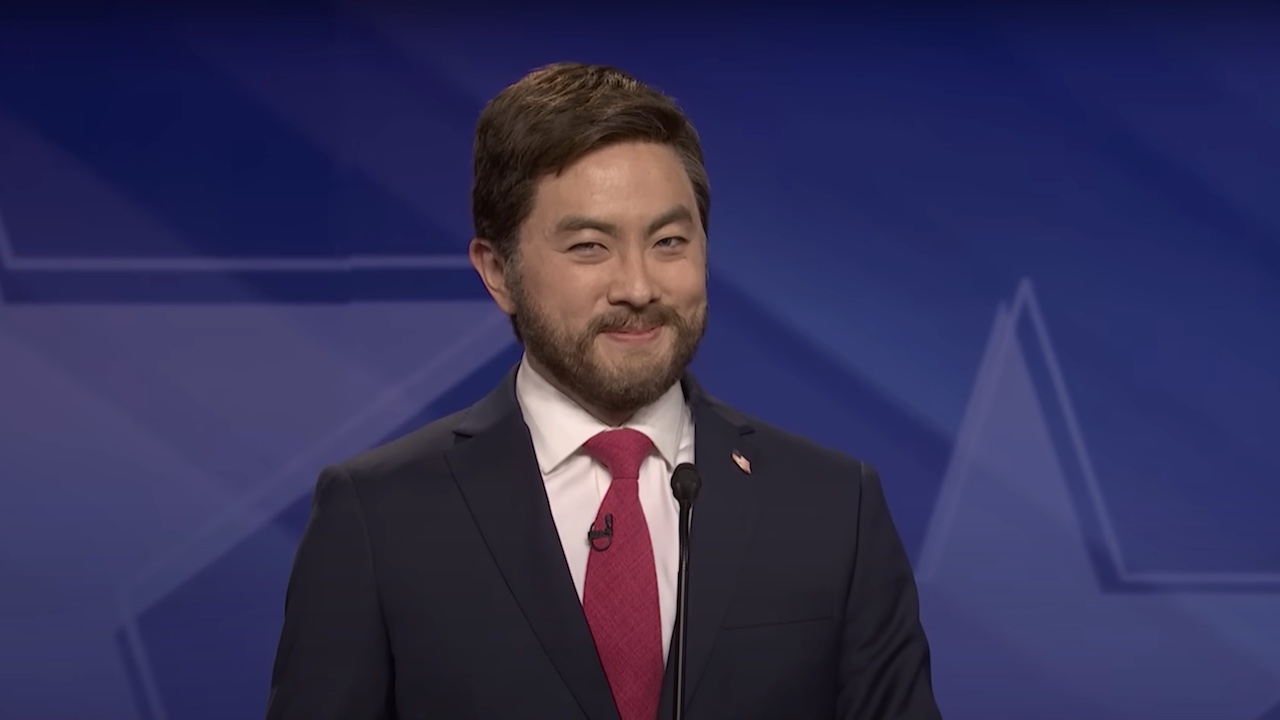Eddie Redmayne Does Think Newt Scamander Is On The Autism Spectrum
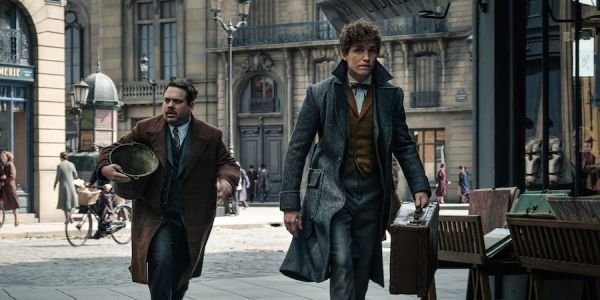
Eddie Redmayne's portrayal of Newt Scamander is one of the more interesting roles in recent blockbuster films. Newt isn't simply a reluctant hero. It's not just that he finds himself thrust into situations that he finds uncomfortable. It's that every situation that he finds himself in seems to be uncomfortable for him. Many might recognize some of Newt's mannerisms and reactions as some they might see in people they love. Eddie Redmayne has recently spoken about the fact that he sees the character as somebody who exists somewhere on the autism spectrum. According to Redmayne...
When he was first described by Jo [Rowling] in the first film there were various qualities -- the way he walked, the way he looked, and his eye contact -- was spoken about, and yeah, I think he is on the Asperger's spectrum.
The Wizarding World is one in which so many characters behave in strange and different ways that maybe Newt Scamander's mannerisms might be written off by some as just being his unique affectations, but there's much more to it than that. While nothing has been said in the film about Newt's personality, and thus attention hasn't been drawn to it, it seems that Eddie Redmayne has a clear understanding of just who his character is.
That understanding apparently came directly from J.K. Rowling, as Eddie Redmayne tells Digital Spy that his understanding of the character came from his early conversations with the author. Interestingly, it doesn't sound like Rowling specifically said that Newt Scamander suffered from some form of autism, but she did discuss the character's various qualities with the actor, and he took care of the rest.
And those mannerisms are certainly there. Newt never makes eye contact with another person in the films. He tries, but his eyes always dart off in another direction, even if he's having a fairly intimate conversation. There's a moment at the beginning of Fantastic Beasts: The Crimes of Grindelwald where Newt receives a hug from his brother. Newt doesn't return it. He doesn't seem to dislike hugs, he just looks like he's not quite sure what to do.
Newt's focus on his magical creatures makes so much sense when looked at through a lens like this. He clearly has trouble dealing with people and is simply more comfortable interacting with the various animals. Newt doesn't pick up social cues that the rest of us take for granted. While there are some romantic subplots in the new film involving Newt, none of them really go anywhere, but that can be largely credited to the fact that Newt has more trouble than most of us figuring out how to navigate such things.
Seeing autism portrayed on film isn't that unusual. In recent years we've seen various actors take on characters who deal with autism in a variety of ways. However, frequently, these characters are portrayed either as handicapped in some way, as needing to overcome their autism, or autism becomes some sort of superpower, giving a character an ability others don't have, which usually comes to the aid of other more "normal" heroes when the plot requires. It's the kid in The Predator or the kid in The Girl in the Spider's Web. It's also kids a lot, as it turns out, and more rarely a grown adult.
That's obviously not what's happening here. Newt Scamander isn't without a superpower of his own, he is a wizard after all, but his autism, be it Asperger's Syndrome or something else, is not connected to it in any way.
CINEMABLEND NEWSLETTER
Your Daily Blend of Entertainment News
The fact that Newt's apparent autism isn't remarked on in the film is actually quite fitting for the time period of the film. Autism wasn't viewed as something that needed a name during the period in which the Fantastic Beasts movies are currently set. As Eddie Redmayne points out...
At that point, it hadn't been defined -- that was in the '40s, I think -- so those qualities were something, yes.
It was 1938 when autism was first given a name, and so the new movie, being set in 1927, wouldn't have a reason to discuss Newt's personality as anything other than just the way he is. At a certain point, if it's not viewed as something that even requires a diagnosis, then it's just a quirk of personality.
I don't recall noticing Newt Scamander's autistic tendencies when I watched Fantastic Beasts and Where to Find Them (though my wife insists we had that conversation), perhaps I was distracted by the various magical creatures. However, I found myself unable to see almost anything else while watching Newt Scamander in Fantastic Beasts: The Crimes of Grindelwald, perhaps the lack of magical beasts kept me focused. While I found the new film to be mostly unimpressive, I just loved the fact that the hero of this massive global blockbuster movie franchise was a clearly autistic character.
At this point, Newt's mannerisms are a mostly incidental part of his character, but one wonders if that will continue. We know that the plan of the five movie arc of the Fantastic Beasts films will take the story into the 1940s, which means that it will cross the point at which autism becomes diagnosed. Could this potentially become part of the story? How does somebody, who probably just views himself as "awkward," react when he learns that there's something more going on? It has the potential to be a great positive for Newt, giving him a greater understanding of himself, but at the same time, it could be something of a shock to his system, which might be difficult for him to accept, in large part because of the autism itself.
A great deal is made of the importance of representation in film. It's important for all members of an audience to see themselves on the screen. That makes it all the more lovely that a segment of the audience that you really would not expect to see represented in such a major franchise is getting their moment.
Fantastic Beasts: The Crimes of Grindelwald is in theaters now.
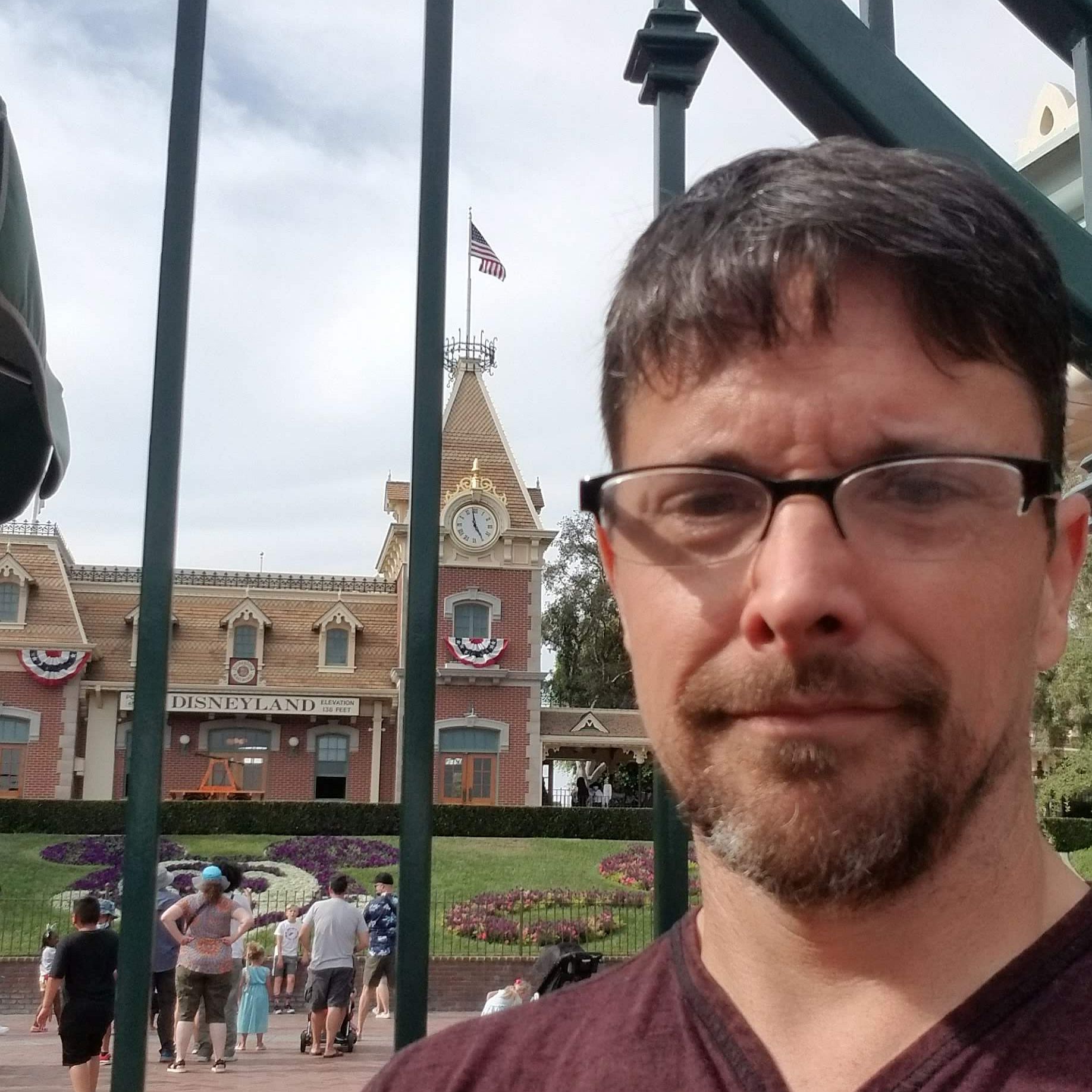
CinemaBlend’s resident theme park junkie and amateur Disney historian, Dirk began writing for CinemaBlend as a freelancer in 2015 before joining the site full-time in 2018. He has previously held positions as a Staff Writer and Games Editor, but has more recently transformed his true passion into his job as the head of the site's Theme Park section. He has previously done freelance work for various gaming and technology sites. Prior to starting his second career as a writer he worked for 12 years in sales for various companies within the consumer electronics industry. He has a degree in political science from the University of California, Davis. Is an armchair Imagineer, Epcot Stan, Future Club 33 Member.
